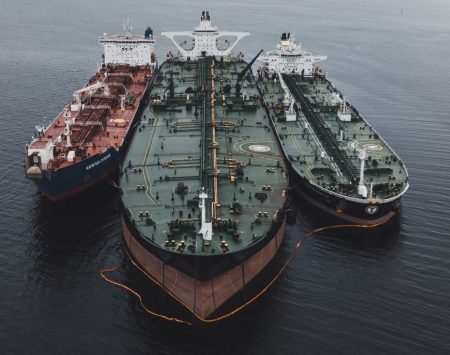On Saturday, Pakistani media reported that the country is likely to use Chinese yuan to pay for future shipments of Russian crude, according to government sources. It is expected that as soon as June, the nation will receive its first cargo of 750,000 barrels.
An unnamed source from the Ministry of Energy told the News International that the Bank of China would be facilitating the transaction.
Sources refused to reveal the mode of payment or exactly how big a discount Pakistan will receive on the shipment, saying that making that information public would not be in the interest of either party in the transaction.
The official said, “Russia will provide URAL crude in the test cargo and most probably Pakistan Refinery Limited (PRL) will be tasked to refine the Russian crude.”
Other sources, however, revealed that Pakistan will receive the oil at a per-barrel price of about $50-$52 per barrel, which is well below the G7-imposed price cap of $60 per barrel.
In December, the EU, G7, and allied countries agreed on imposing a price cap on Russian seaborne crude of $60 per barrel. Cargoes which were priced under the cap would be allowed to access various services required for seaborne transport, such as brokerage services or insurance. Cargoes priced above the cap would be forbidden access to those services, which are mostly provided by Western companies. A subsequent price cap was applied to other petroleum products, such as refined products like diesel or gasoline starting February 5th.
Moscow and Pakistan reached a conceptual agreement on the shipment of Russian oil and petroleum products to Islamabad in January. The deal to pay in yuan is expected to allow Islamabad, which is facing a balance of payments crisis, and critically low foreign reserves, some relief as it rebuilds its foreign reserves.

